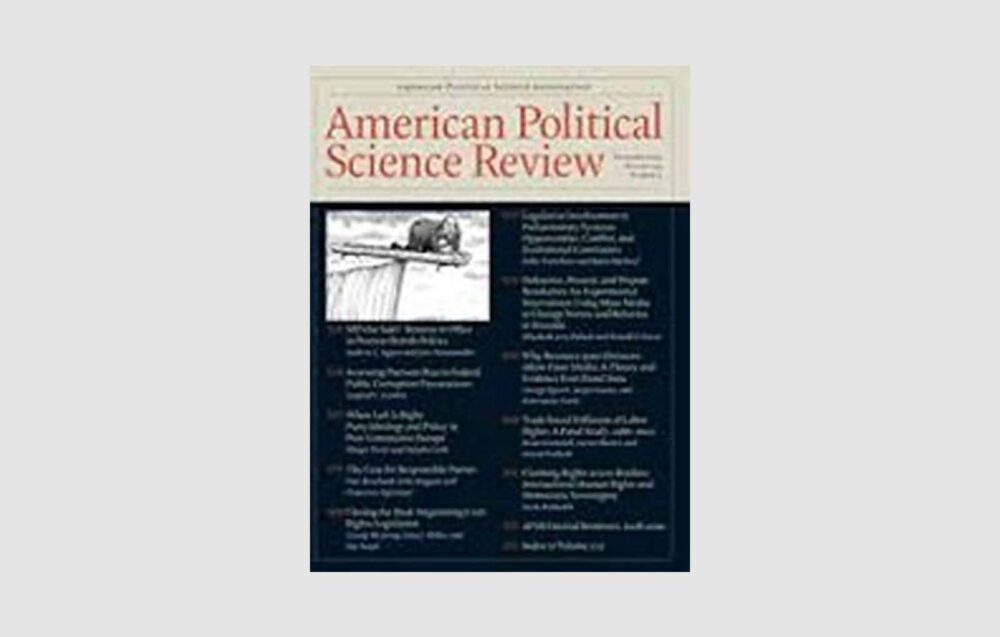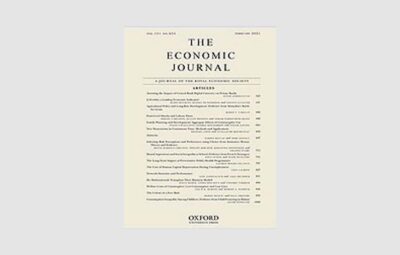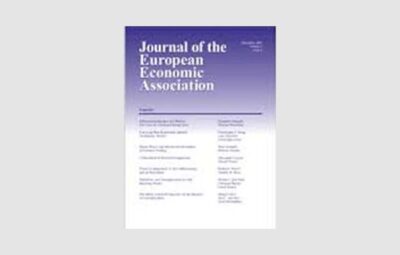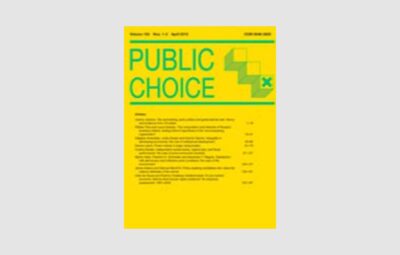This article uses a regression discontinuity design in close electoral races to disclose purely political reasons in the allocation of intergovernmental transfers in a federal state. We identify the effect of political alignment on federal transfers to municipal governments in Brazil, and find that—in preelection years—municipalities in which the mayor is affiliated with the coalition (and especially with the political party) of the Brazilian president receive approximately one-third larger discretionary transfers for infrastructures. This effect is primarily driven by the fact that the federal government penalizes municipalities run by mayors from the opposition coalition who won by a narrow margin, thereby tying their hands for the next election.
Tying Your Enemy’s Hands in Close Races: The Politics of Federal Transfers in Brazil
Joint with Fernanda Brollo



